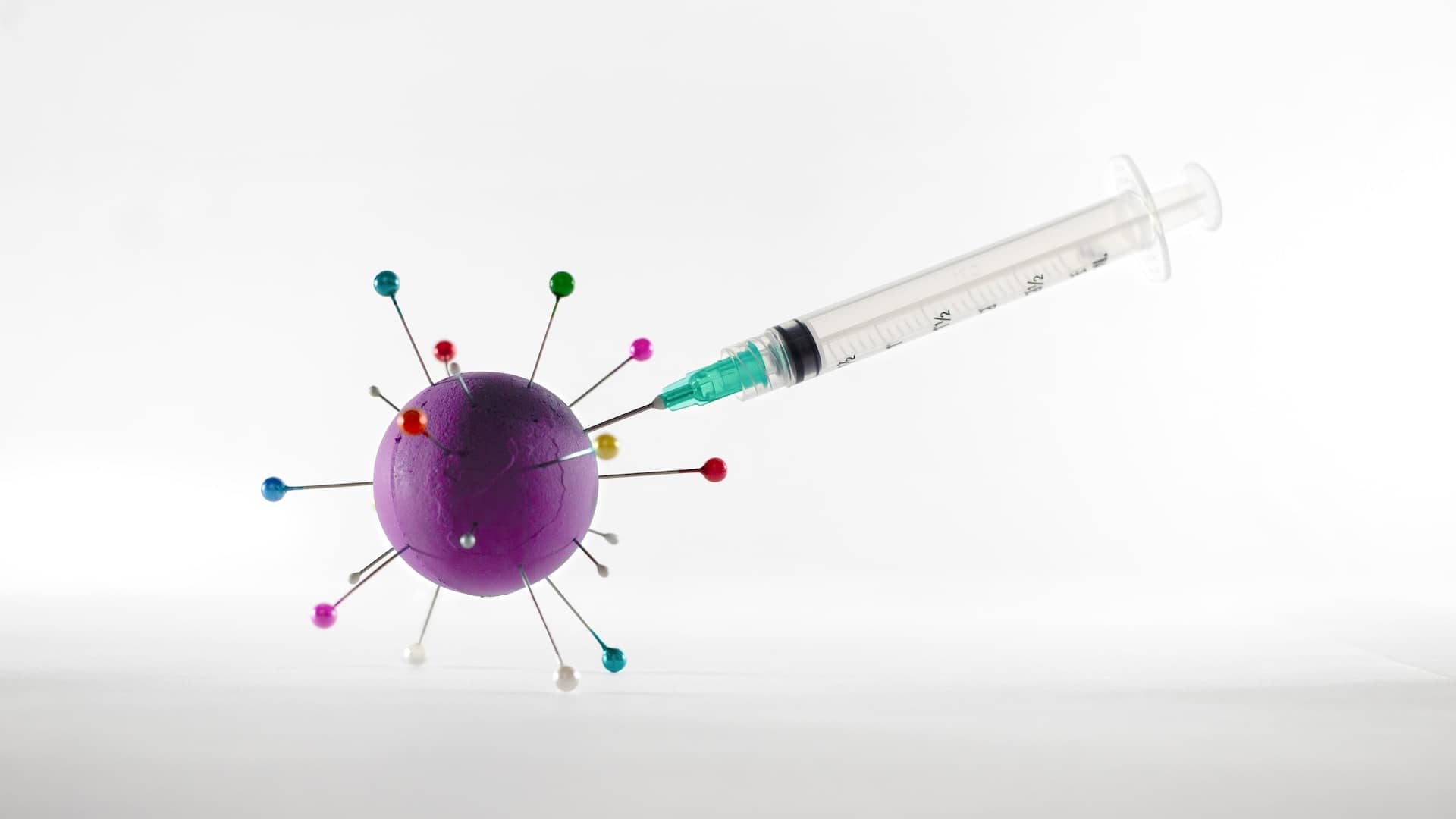For patients undergoing surgery for ovarian and endometrial cancer, pain and anxiety are often experienced. Recently, a new study has shown that acupressure before surgery may help reduce anxiety and that acupuncture during surgery may reduce severe pain. The study was published online in Cancer, a peer-reviewed journal of the American Cancer Society.

A total of 99 gynaecological cancer patients participated in the study, led by Eran Ben-Arye, MD, of the Haifaalim Medical Centre in Israel, of which there were three groups, 45 in Group A, 25 in Group B and 29 in Group C.
The participants in Group A received touch and relaxation treatments associated with acupressure, which started within 3 hours before the surgery and continued until the patients began to receive general anaesthesia. They then received acupuncture treatments during the surgery involving acupuncture points proven to be effective in reducing pain.
Subjects in Group B received only pre-operative acupressure and those in Group C received standard care.
Before and after surgery, patients completed questionnaires that rated the quality of their recovery and included questions about pain, anxiety and other quality of life parameters.


Overall post-operative scores were higher in Groups A and B than in Group C, indicating that patients felt better after physiotherapy, and Group A scored significantly higher than Group C on scores related to severe pain; for scores related to anxiety and depression, both physiotherapy intervention groups scored higher than the control group.
Dr Ben-Arye said, "For patients undergoing gynaecological oncology surgery, consideration should be given to including preoperative integrative medical touch and relaxation therapy to treat anxiety, as well as intraoperative acupuncture for pain and other quality of life related issues."
"Complementary medicine providers, acupuncturists, surgeons, anesthesiologists and operating room nurses need to be trained in this 'integrative oncology' and healthcare professionals need to learn to work and communicate with integrative oncology practitioners in complex operating room settings."
An accompanying editorial notes that integrative oncology is being accepted as a clinical field in Western medicine. Dr Ana Maria Lopez of the Sidney Kimmel Cancer Center at Thomas Jefferson University in Philadelphia highlights that while larger studies are needed to confirm results, these data add to the growing body of references to support integrative oncology interventions such as acupuncture.

Indeed, similar relevant integrative oncology services, such as the use of acupuncture to improve salivary loss after radiotherapy for head and neck cancer patients, have long been available at many leading foreign cancer hospitals, including MD Anderson Cancer Centre. In short, any medical measures that may help patients can and should be applied in clinical care.
Please note that the acupuncture and acupressure mentioned in this article should be performed by professionals with specialist knowledge of oncology and training (e.g. a professional oncology massage therapist), as blind acupuncture and acupressure without the appropriate qualifications may lead to serious risks such as tumour breakdown.






